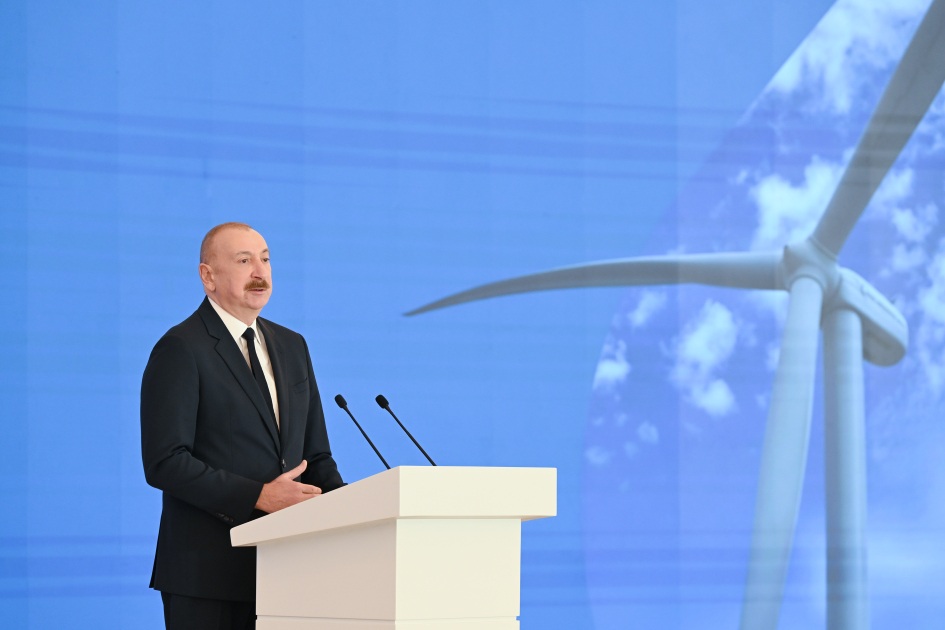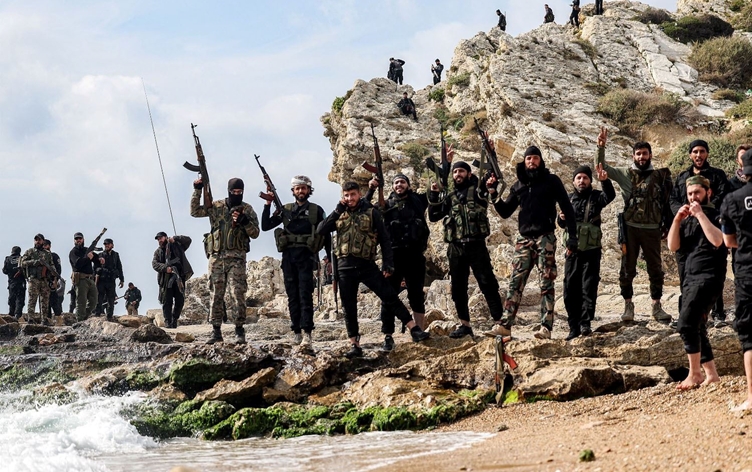
Saudi Arabia's government is suspending the cost of living allowance and raising the value added tax (VAT) threefold, as part of measures aimed to shore up state finances, which have been battered by low oil prices and the coronavirus.
"Cost of living allowance will be suspended as of June first, and VAT will be increased to 15 per cent from 5 per cent as of July first," the state news agency reported on Monday.
Mohammad Aljadaan, The Minister of Finance and Acting Minister of Economy and Planning, highlighted the importance of the measures undertaken to protect the Saudi economy and overcome the unprecedented financial and economic ramifications of the global Covid-19 pandemic in the best way possible, stressing that these measures complement previously made decisions to mitigate the negative effects of the crisis from a health perspective, as well as economically and socially.
The Minister added that the government is committed to taking necessary and timely measures to protect citizens and residents, as well as the economy to mitigate the effects of the crisis and its ramifications. The Minister emphasized that the crisis caused by the global pandemic resulted in three economic shocks, each of which could in itself have an extremely negative effect on the performance and stability of public finance had the government not intervened by taking measures to absorb them.
Decline in oil demand
The Minister explained that due to the precautionary measures undertaken worldwide to combat the pandemic, the first economic shock was the unprecedented decline in oil demand, which led to lower oil prices and a sharp decline in oil revenue that represents a main source of public revenue for the state budget.
Secondly, the necessary precautionary measures undertaken to protect the lives of citizens and residents and to prevent the spread of the pandemic have led to the suspension or reduction of many local economic activities, which had a negative impact on non-oil revenue and economic growth.
The third economic shock was the unplanned expenses that required government intervention by increasing provisions for the healthcare sector to support the preventative and treatment capacity of health services, in addition to the adoption a number of initiatives to support the economy, mitigate the economic effects of the pandemic and maintain jobs for citizens.
Reduction in expenditures
The Minister stated that these challenges combined have led to a decline in public revenue and exerted pressure on public finances in a way that could not be dealt with later without causing harm to the overall economy of the Kingdom in the midsummer and long-term. Therefore, further reduction in expenditures is needed, as well as undertaking measures that support the stabilization of non-oil revenues.
Accordingly, the Ministry of Finance and the Ministry of Economy and Planning have presented these financial and economic developments and the proposed measures to tackle them; and a directive has been issued to undertake the most suitable and least harming measures.
The impact of the approved measures is around 100 billion Saudi riyals; including cancelling, extending, or postponing some operational and capital expenditures for some government agencies, as well reducing provisions for initiative of a number of Vision Realization Programs and major projects for the fiscal year (1441-1442) -(2020).
In addition, the cost-of-living allowance shall be discontinued as of June 2020 and VAT shall increase from 5 per cent to 15 per cent as of July 2020. Also, to improve spending efficiency, a ministerial committee has been established to study the financial benefits paid to all employees, contractors and those of similar status whom are not subject to Civil Service Law in government ministries, institutions, authorities, centers, and programs, and present its recommendations within 30 days.
The Minister concluded that we are facing a crisis the world has never seen the likes of which in modern history, a crisis marked by uncertainty and difficulty to forecast its range and ramification due to daily developments that require governments to deal with it vigilantly and to make the suitable decisions at the right time and adapt to conditions in a way that safeguards public interest, protects citizens and residents and provides basic needs and necessary healthcare services.






